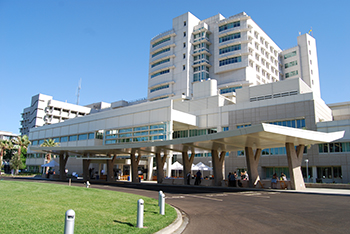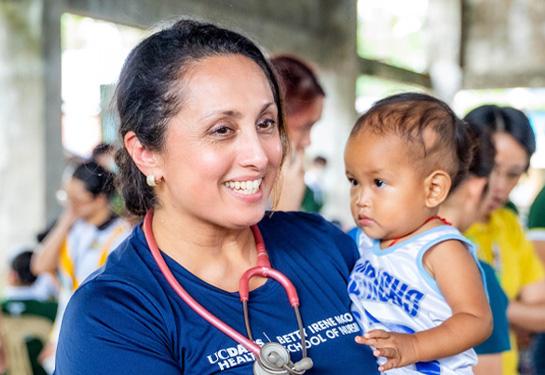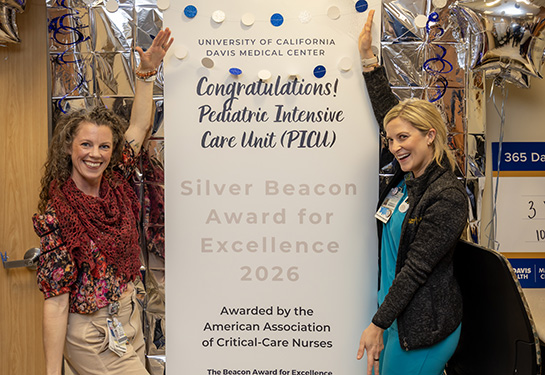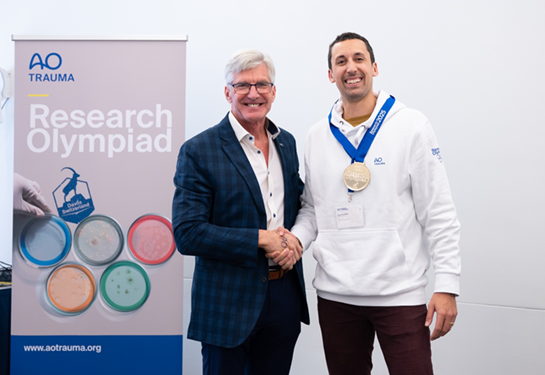New grant will help rural hospitals care for moms with opioid use disorder
A UC Davis Health team was awarded a $500,000 grant by the Health Resources and Services Administration (HRSA) to develop and share best practices with rural maternal and infant health care providers. The goal is to help pregnant and post-partum mothers with opioid use disorder (OUD) and their infants, who may develop neonatal abstinence syndrome (NAS). The three-year grant starts this month.

Through the project, titled “Optimizing Pregnancy and Infant Outcomes in Drug (OPIOID) Addiction and NAS,” UC Davis Health physicians will provide education and training so health care teams in rural hospitals can treat and care for patients in their communities.
“This program aims to put evidence-based best practices into effect in rural hospitals to keep moms and babies together in their home communities,” said Kara Kuhn-Riordon, who is the grant’s co-primary investigator and a neonatologist at UC Davis Children’s Hospital. “Traditionally these moms and babies are transferred to tertiary care facilities like UC Davis Medical Center because their rural care providers and hospitals can lack the necessary knowledge, resources or comfort it takes to care for them.”
By keeping moms and babies together, patient families are less likely to experience stress and financial burdens and could potentially benefit from early parent-child bonding and breastfeeding success.
UC Davis Health will provide an outlet for health care providers in rural community hospitals to discuss patient cases, receive feedback from UC Davis Health clinicians and receive ongoing curriculum, including topics such as reducing stigma and bias.
“We look forward to improving the experiences of moms and babies in rural Northern California and giving them the care they need in their own communities,” Kuhn-Riordon said.



